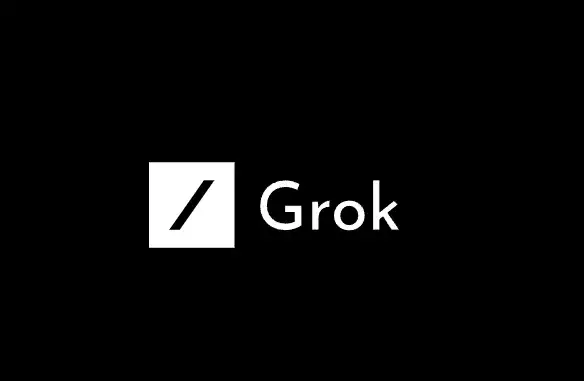The advent of AI technology has reshaped numerous sectors, and social media is no exception. Enter Grok, the much-anticipated AI chatbot from Twitter’s rebranded X platform, now accessible to all users after a period of exclusivity for X Premium subscribers. However, this launch raises several questions about the genuine role of AI in social networking. While Grok allows users to engage in conversation, create images with enhanced features through Aurora integration, and analyze content, we must consider whether such functionalities genuinely enhance the social media experience or simply add another layer of complexity to already convoluted platforms.
Critics of AI integration in social media often argue that the essence of these platforms rests on genuine human interaction. The introduction of tools that produce AI-generated content may detract from this core principle, creating a sense of artificiality in spaces that are meant for authentic exchanges. Companies like Meta have already started deploying AI functionalities throughout their applications, pushing the narrative that these innovations streamline processes or assist users. Nevertheless, the crucial question remains: is automation genuinely beneficial, or does it dilute the very nature of social networking?
Most social media platforms boast their purpose of democratizing communication, giving everyone a voice to share thoughts and experiences. Yet, with AI generating posts or responses, the authenticity of these exchanges is called into question. Are users still genuinely connecting with others, or merely sharing curated, algorithmically optimized content? This brings us to the heart of the matter: are we sacrificing meaningful interactions in pursuit of convenience?
While AI has demonstrated remarkable potential in various fields, its effectiveness hinges on human expertise, especially in high-stakes environments like law or healthcare. Grok might assist users in generating content or performing analysis, yet true understanding and expertise are irreplaceable. For instance, an attorney might leverage AI to explore creative legal arguments and find relevant case law, but without a solid legal foundation, the output serves no real purpose.
This limitation isn’t exclusive to the legal sector; it extends across numerous fields and applications. Essentially, AI acts as an assistant—enhancing existing knowledge rather than serving as a complete replacement. The hype surrounding AI suggests an imminent wave of job displacement, but the reality is that artificial general intelligence (AGI) remains a distant concept. Presently, AI tools act as advanced calculators: they can perform tasks efficiently but require human oversight to validate outputs.
The skepticism surrounding Grok stems from its perceived novelty rather than inherent value. Sure, analyzing trends or providing analytics might serve niche users, but what about the broader audience of social media? Do they genuinely seek AI-enhanced engagement? More often than not, users hop on platforms for genuine human connection and engagement, a reality that AI-generated content struggles to replicate.
Despite exciting developments in AI capabilities and applications, a fundamental disconnect exists in its practical use within social media. Users may appreciate visually striking content generated by bots initially, but the novelty quickly wears off. Most users still crave relatable experiences reflecting their thoughts, humor, and daily lives, rather than pre-packaged, AI-generated packages devoid of genuine human emotion or insight.
As we examine the implications of integrating AI into social media platforms like X and Facebook, it becomes apparent that the long-term value is ambiguous at best. While Grok and similar chatbots may add certain functionalities, they don’t inherently enhance the user experience at a fundamental level. Social networks were founded on the principle of fostering human connections, yet AI risks retreading this unique terrain with automated responses that lack substance and spirit.
In the pursuit of efficiency and novelty, we must remain cognizant of what makes social media meaningful. Tools like Grok may indeed have their place in a limited capacity, but replacing authentic human interaction with AI-generated content may lead to an ultimately hollow experience. As we move forward, it is critical that we recognize the need to balance technological advancements with the irreplaceable value of genuine connection in our digital communications.

